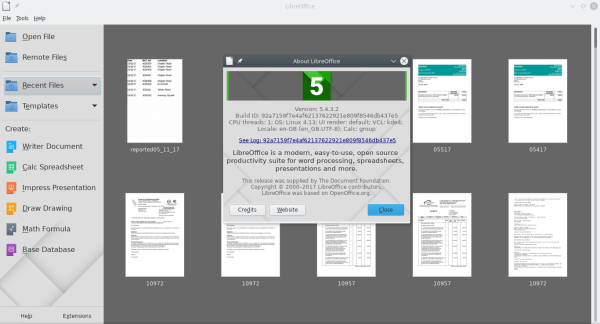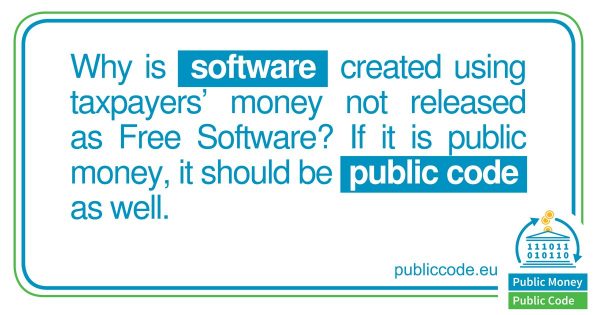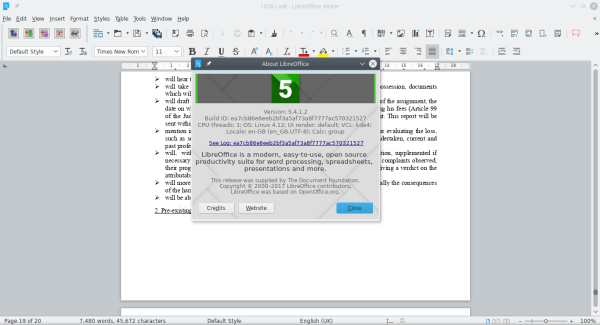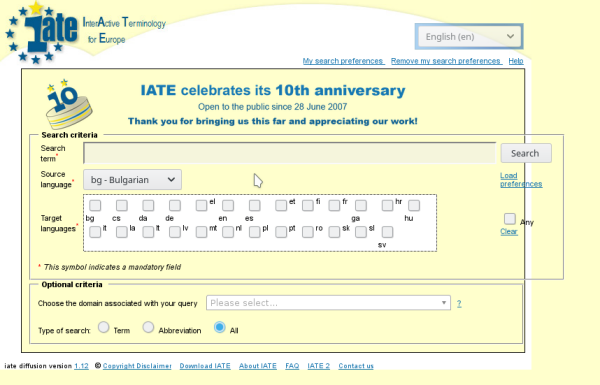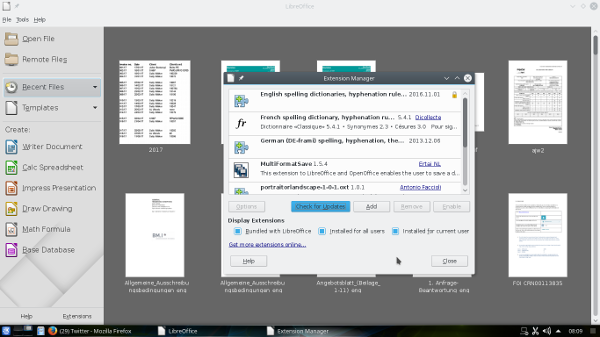Mad dogs – an Englishman speaks
During my first visits to France in my teens one frequently saw blue-enamelled signs mounted on gates and walls and bearing the words “Chien méchant“, the French equivalent of “Beware of the dog“. However, we used to translate it literally and, as the only other creature we’d come across which could also be described as “méchant” (= naughty*) was children, we settled on “naughty dog” as the accepted definition or translation and had a good chuckle. However, as time progressed and language studies reached higher levels, one gradually came to realise that literal translation is often unreliable, as exemplified by our French four-legged friends.

Yesterday afternoon in Sainte Marine when out walking with my sister we came across the sign below.

The alleged four-legged friend to which the sign refers is clearly a canine which has strayed well beyond being merely “méchant“, is clearly mentally unstable and would – if human and resident in England and Wales – be admitted to hospital against its will under the Mental Health Act.
However, for we open source enthusiasts, “mad dog” – or in this case “maddog” – has other connotations. “Maddog” is the nickname of programmer Jon Hall, the Executive Director of Linux International, a non-profit organisation established by computer professionals with the aim of supporting and promoting Linux-based operating systems.
Finally, any mention of mad dogs by an Englishman would be incomplete without a passing nod to Noel Coward, so here it is. 😀
* = With enhanced vocabulary knowledge one subsequently became aware of other meanings of “méchant“, such as nasty or spiteful, which although laden with anthropomorphism are particularly pertinent to dogs and their bite. 😀
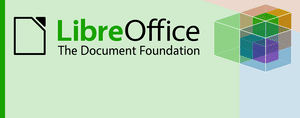 Today The Document Foundation (TDF)
Today The Document Foundation (TDF) 